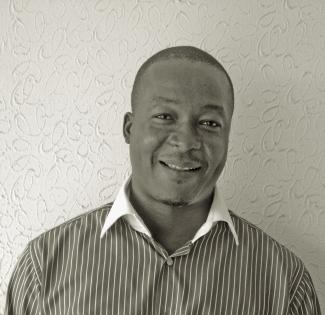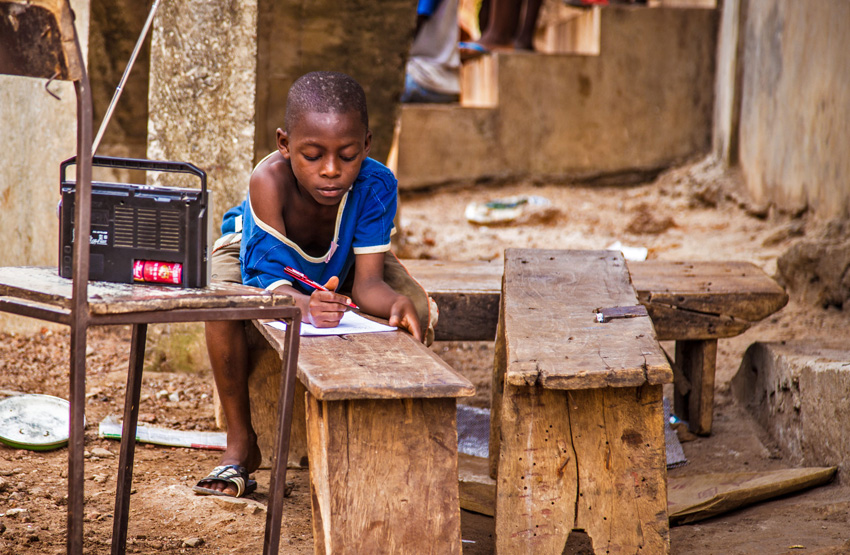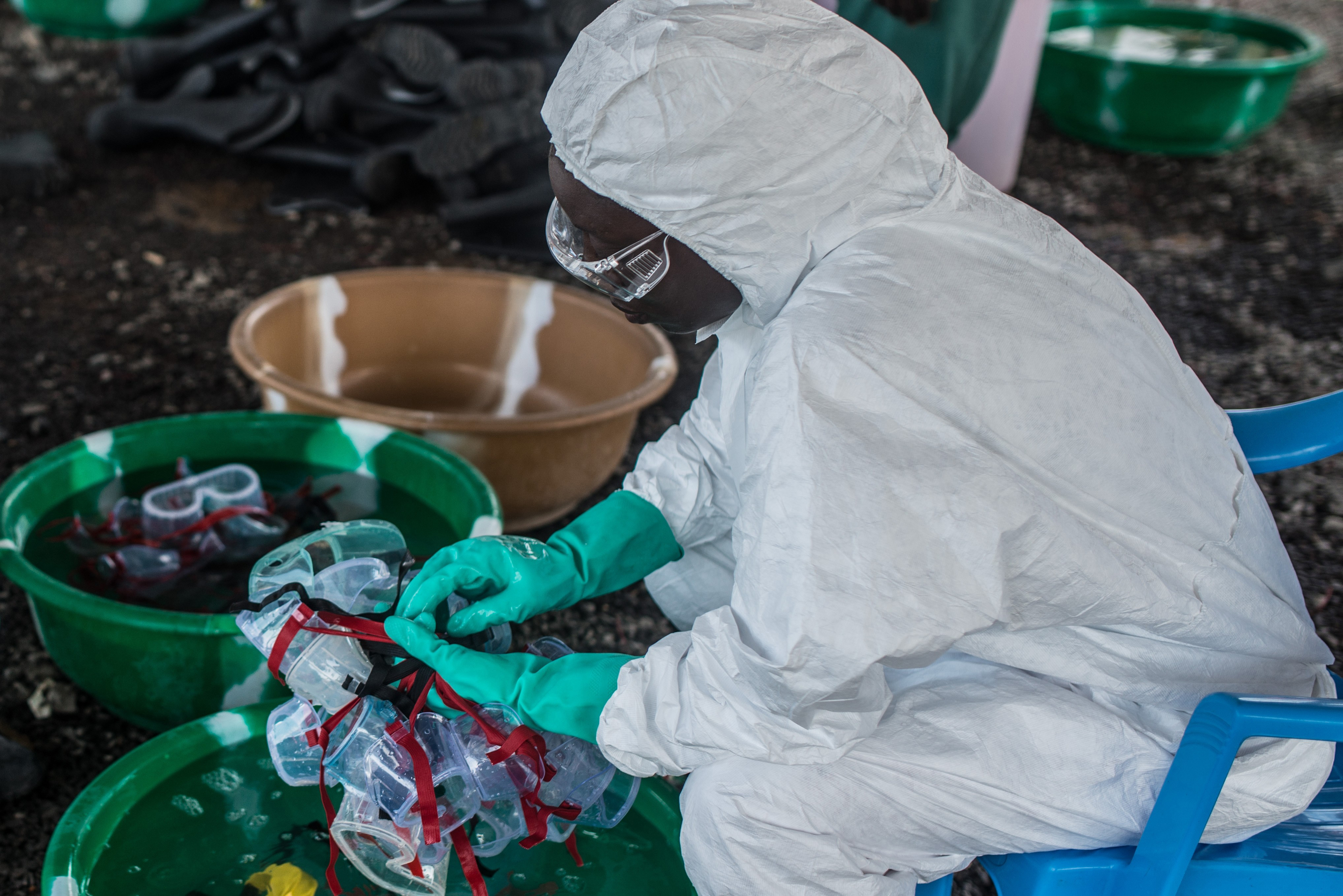Nowadays
Ebola, the new enemy

In late July, the governments of Guinea, Sierra Leone and Liberia took drastic emergency measures to stop the spread of Ebola. Schools were closed in Liberia, for instance, and public assemblies prohibited in Sierra Leone. Security forces have been authorised to put people who may be infected under quarantine.
Ebola viral disease (formerly known as Ebola hemorrhagic fever) is a severe, often fatal illness, and is known to kill 60 % to 90 % of its victims within two weeks of contraction. The infection is transmitted by direct contact with the blood, body fluids and tissues of infected animals or people.
During an outbreak, those at higher risk of infection are health workers, family members and others in close contact with sick people and deceased patients.
The health workers who are in the front line of the battle against this epidemic are becoming victims themselves. In Sierra Leone, 37 nurses died from Ebola from May to July according to the Sierra Leone Health Service Workers Union. The Union expressed concern about the failure of the health authorities in Sierra Leone to provide adequate protective gear for nurses and doctors treating Ebola patients.
The countries affected, however, are very poor and their governments lack capacities. Making matters worse, many people do not trust science-based medicine. Especially uneducated people tend to disregard the strict safety rules political leaders want to impose. The truth, of course, is that hygiene is most important and that the chances of surviving Ebola are best when proper treatment prevents dehydration.
Survival stories are not easy to come by. But there are some. Sahr Combay is one. He is a 35 year-old from Koindu in the Kailahun district, where the first cases of Ebola were reported in eastern Sierra Leone. He is now living with his family again.
He contracted the virus about a month ago and spent 12 days in the treatment center in Kailahun. Combay says that his ordeal started when one of his uncles fell seriously ill and he was asked to take care of him without knowing that he was Ebola positive: “I took care of my uncle until his death.” Soon after, he and two other family members were examined at a government hospital. “We were confirmed positive and taken to the Epic Centre for treatment.” He says it was disheartening to be isolated from his healthy family members, but he and his two relatives overcame the disease. “I want to thank God for taking me out of the Epic Centre because it was like hell.”
He says the government should embark on more public sensitisation so people better understand what is at stake.
Fidelis Adele is a journalist based in Sierra Leone.
fid2k2@yahoo.com










